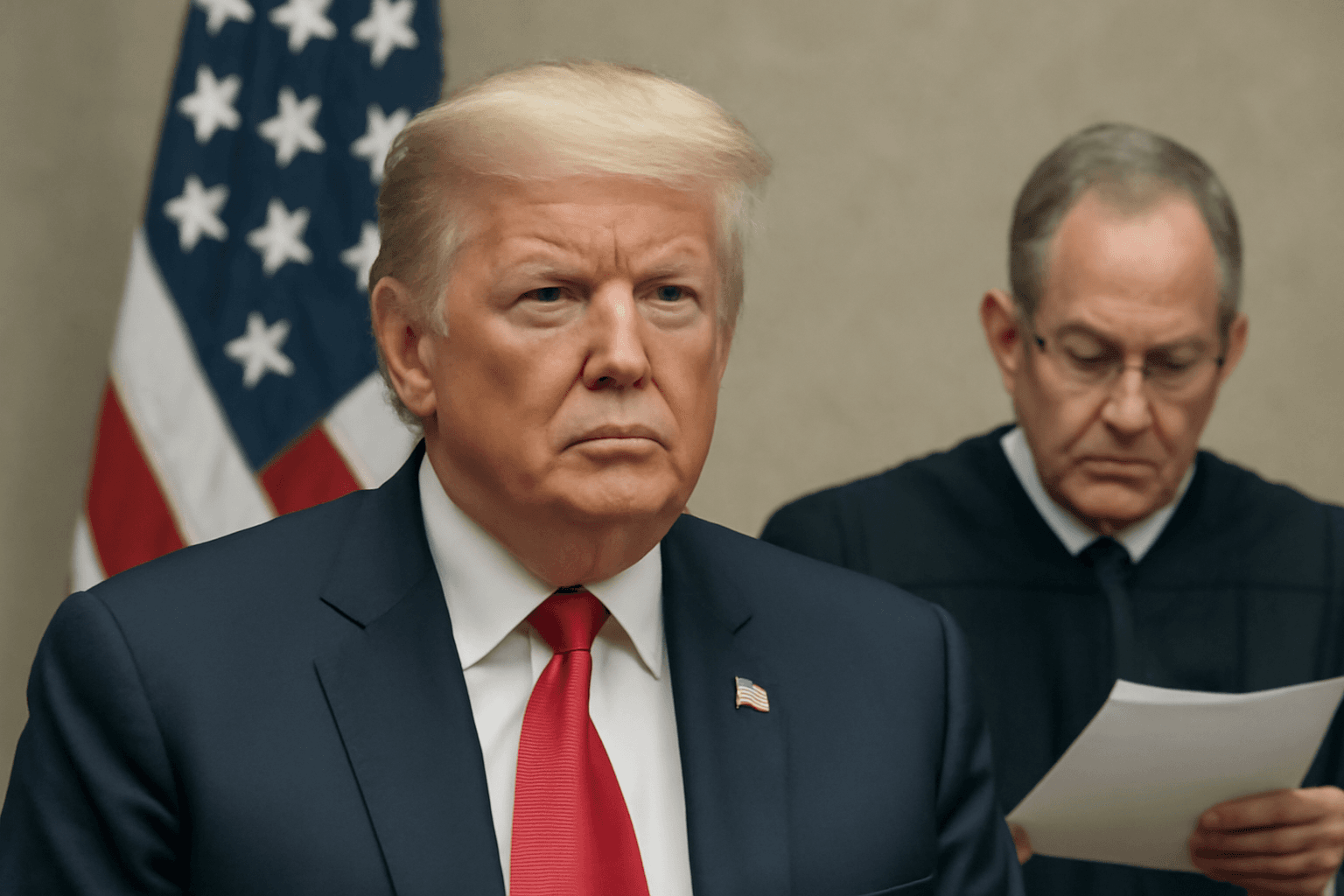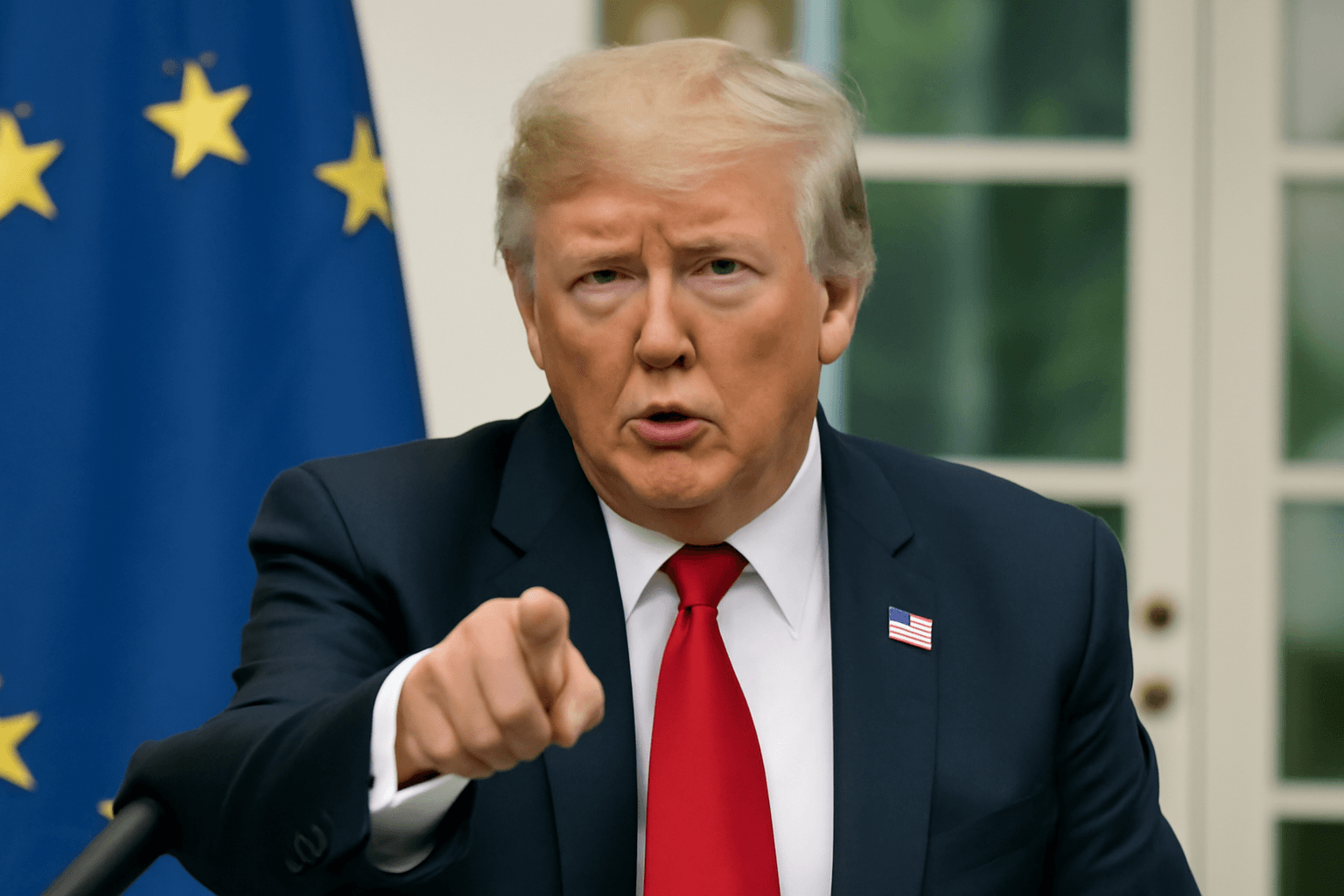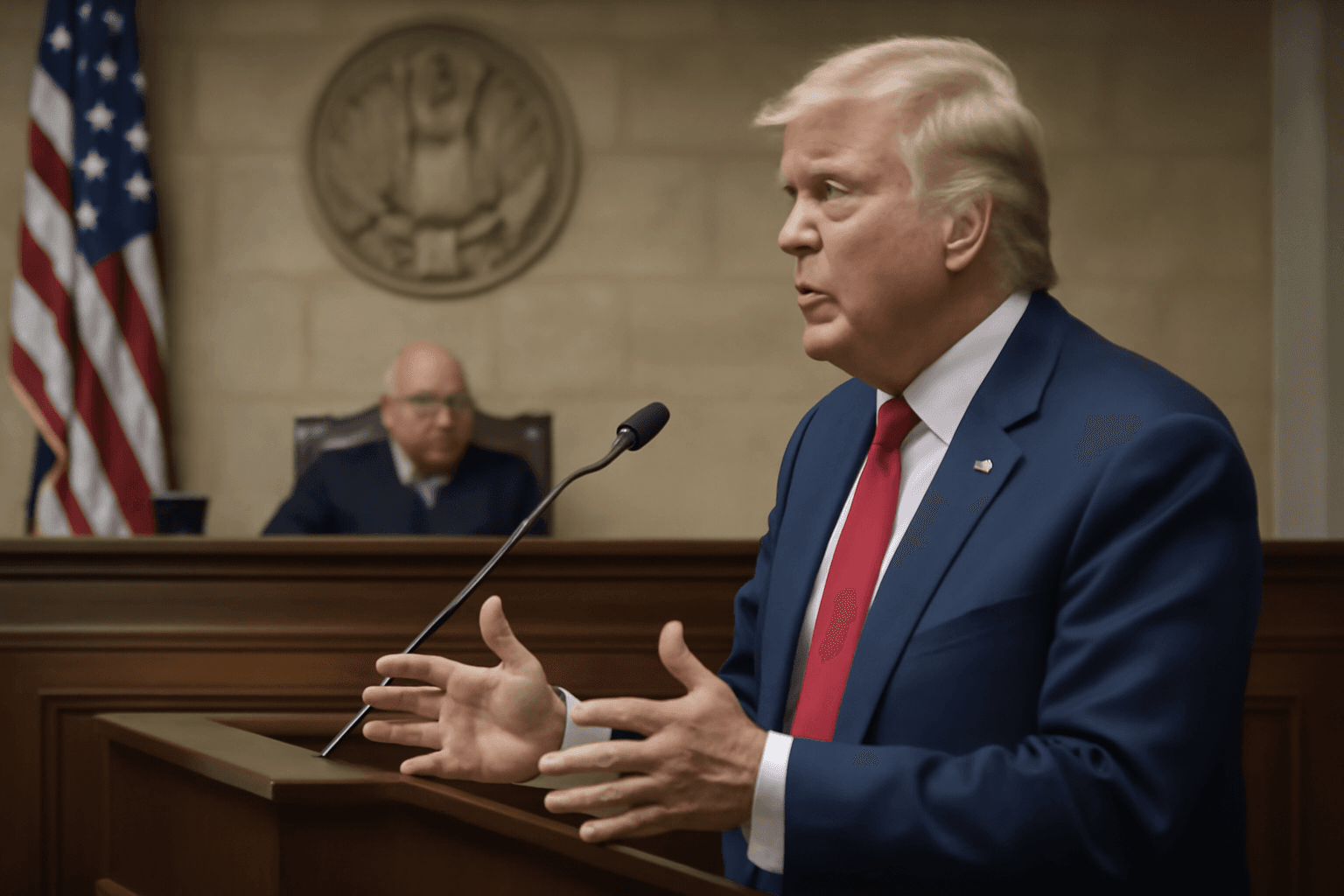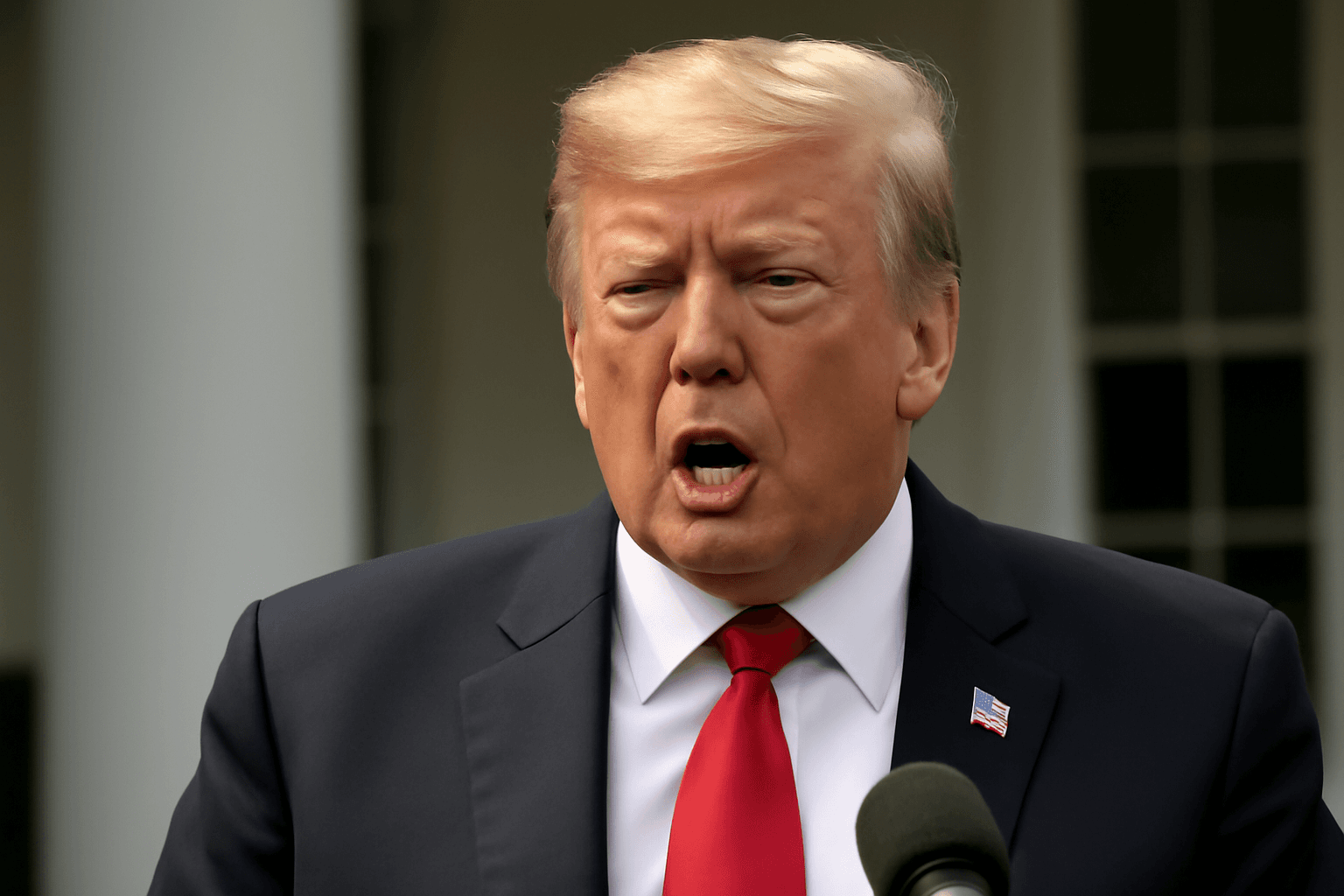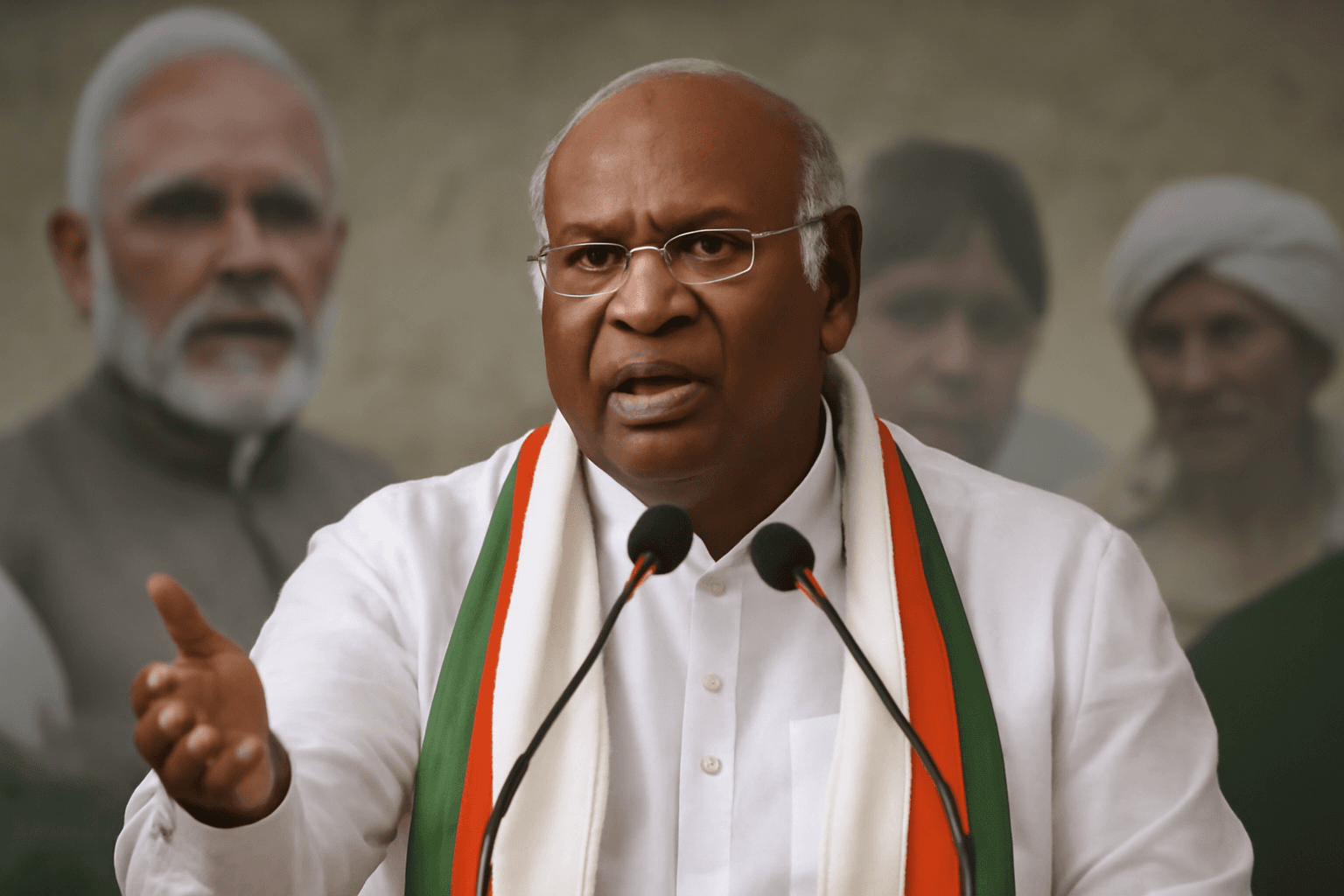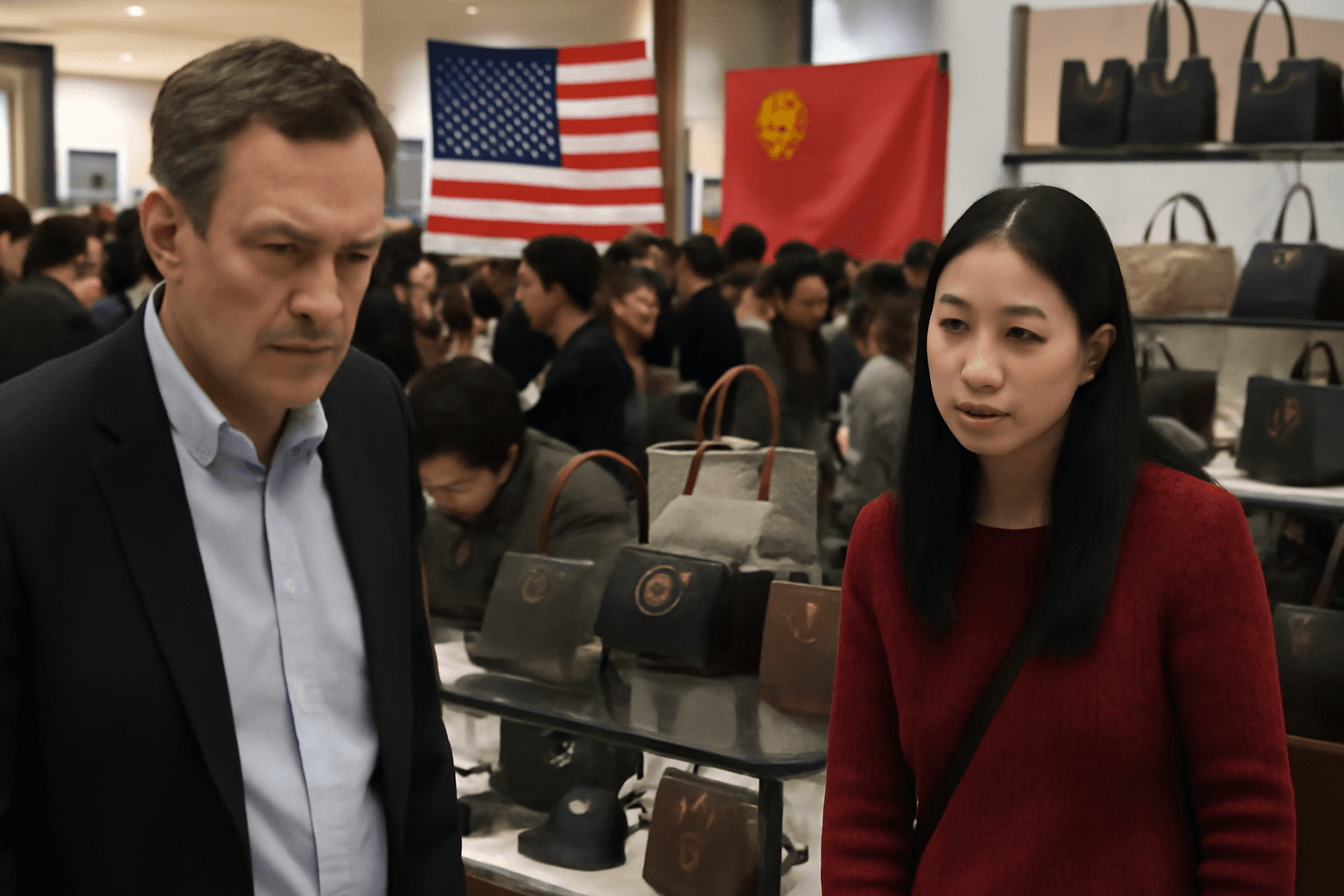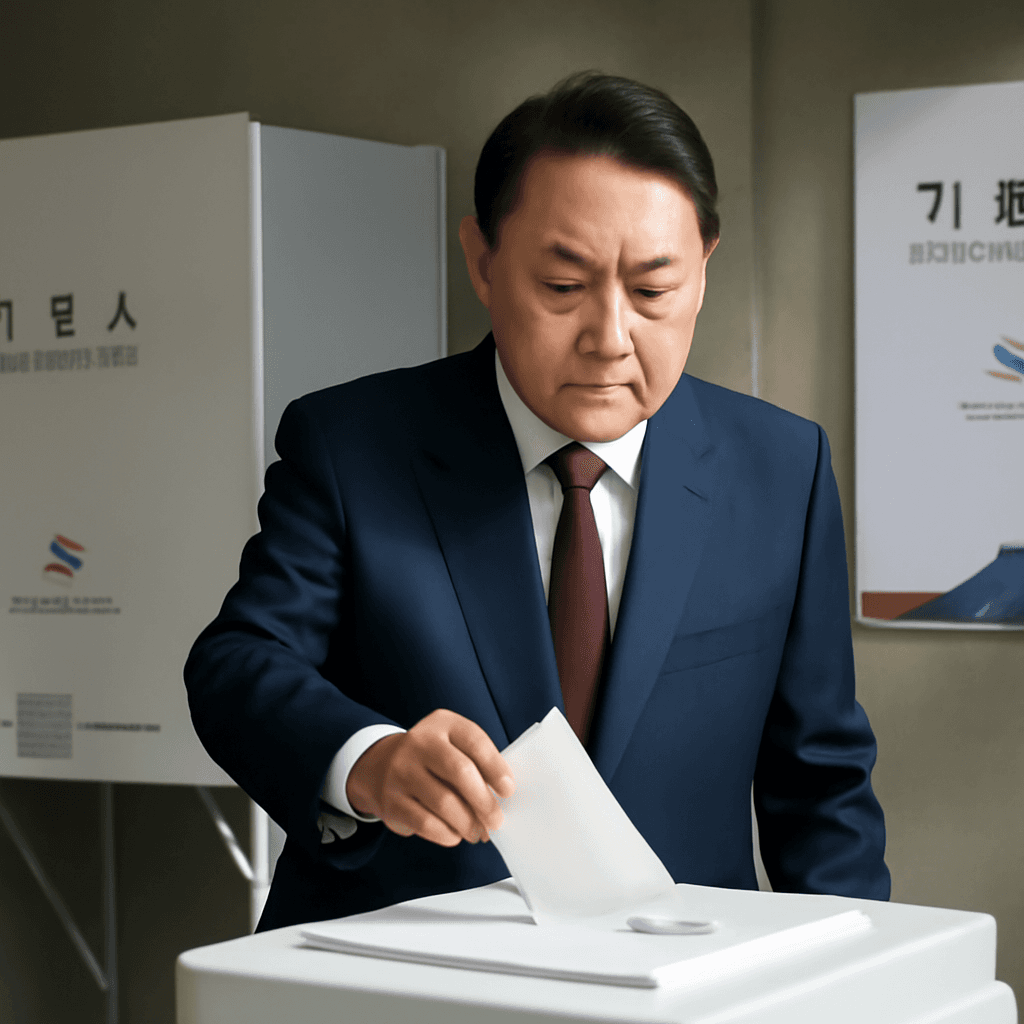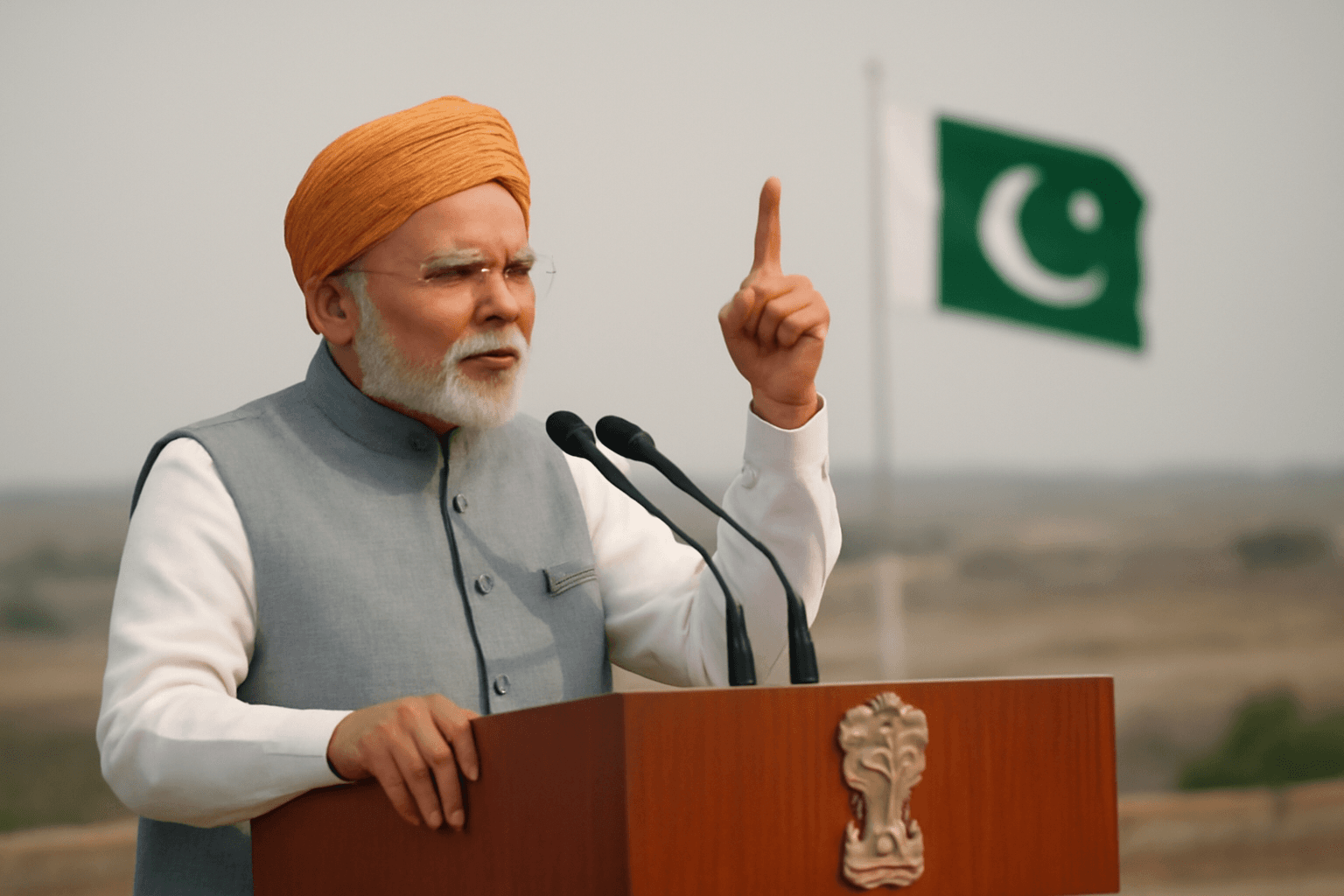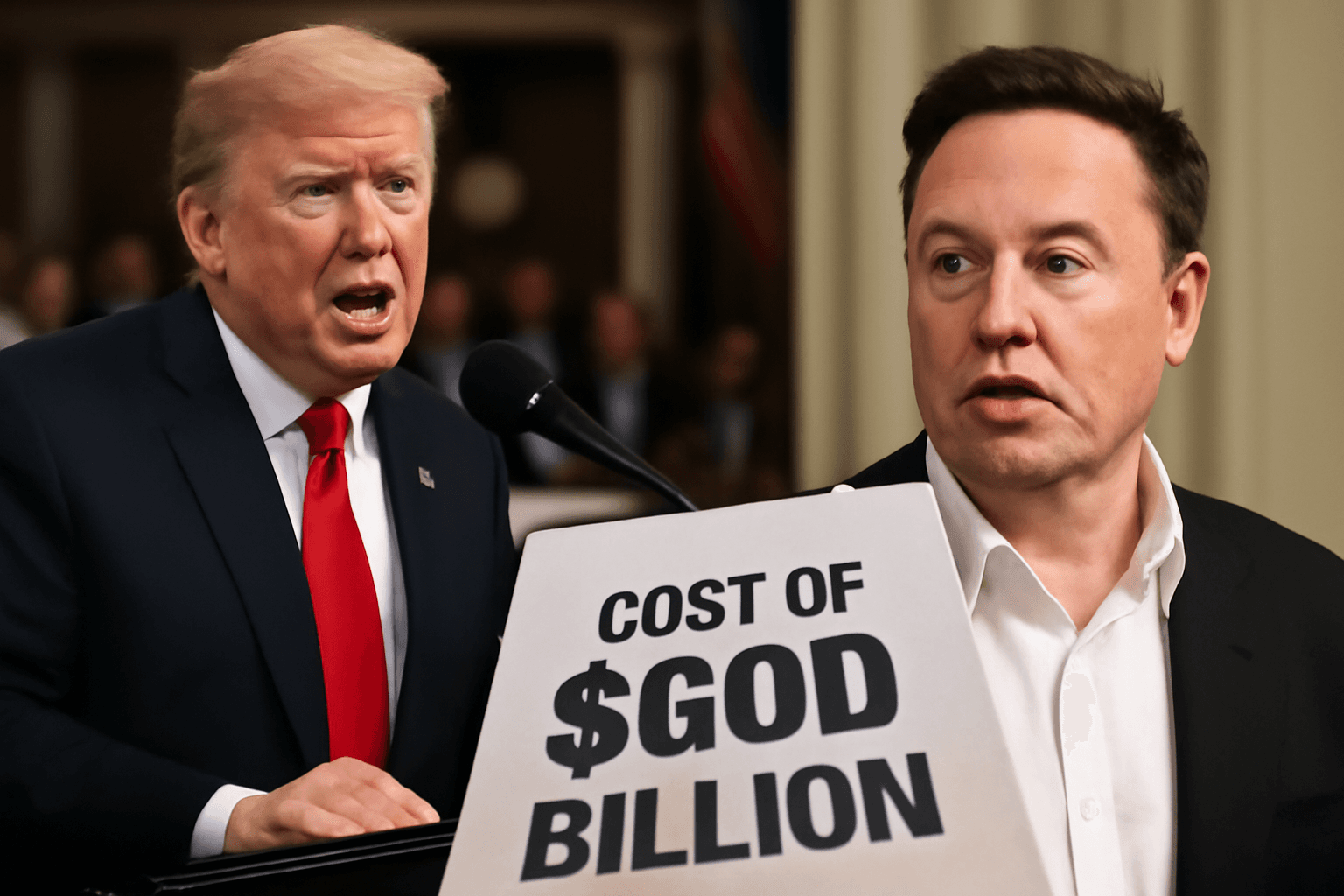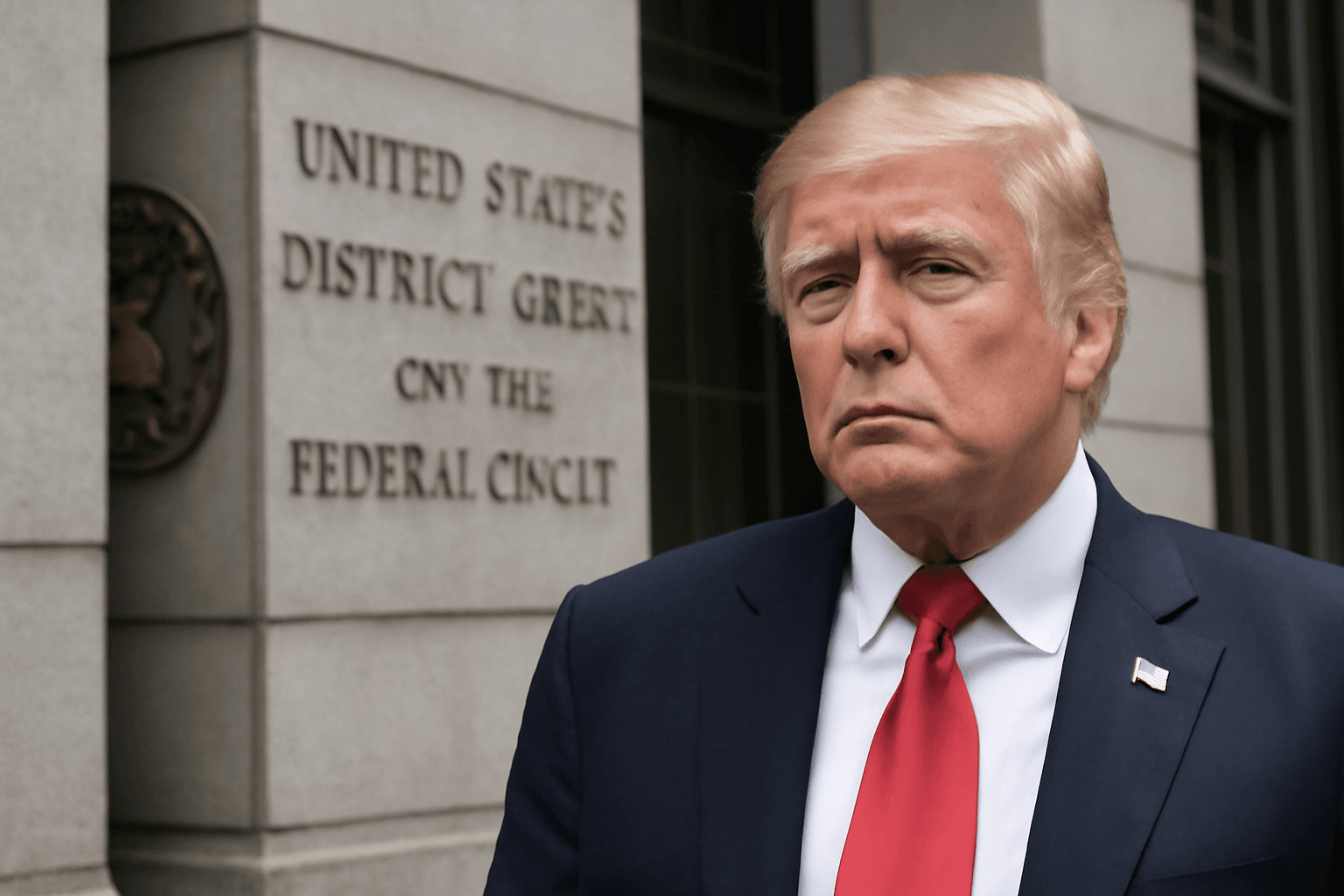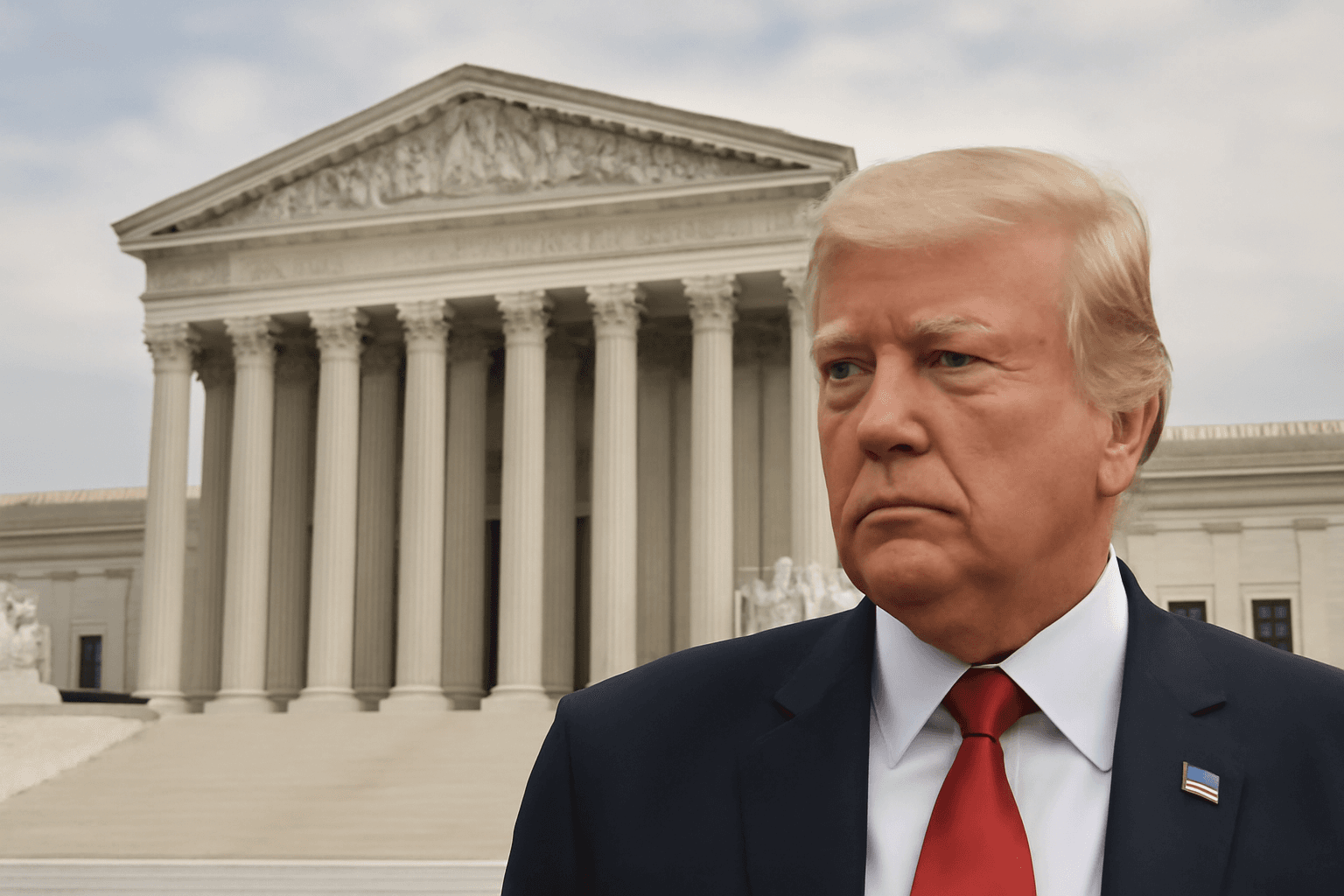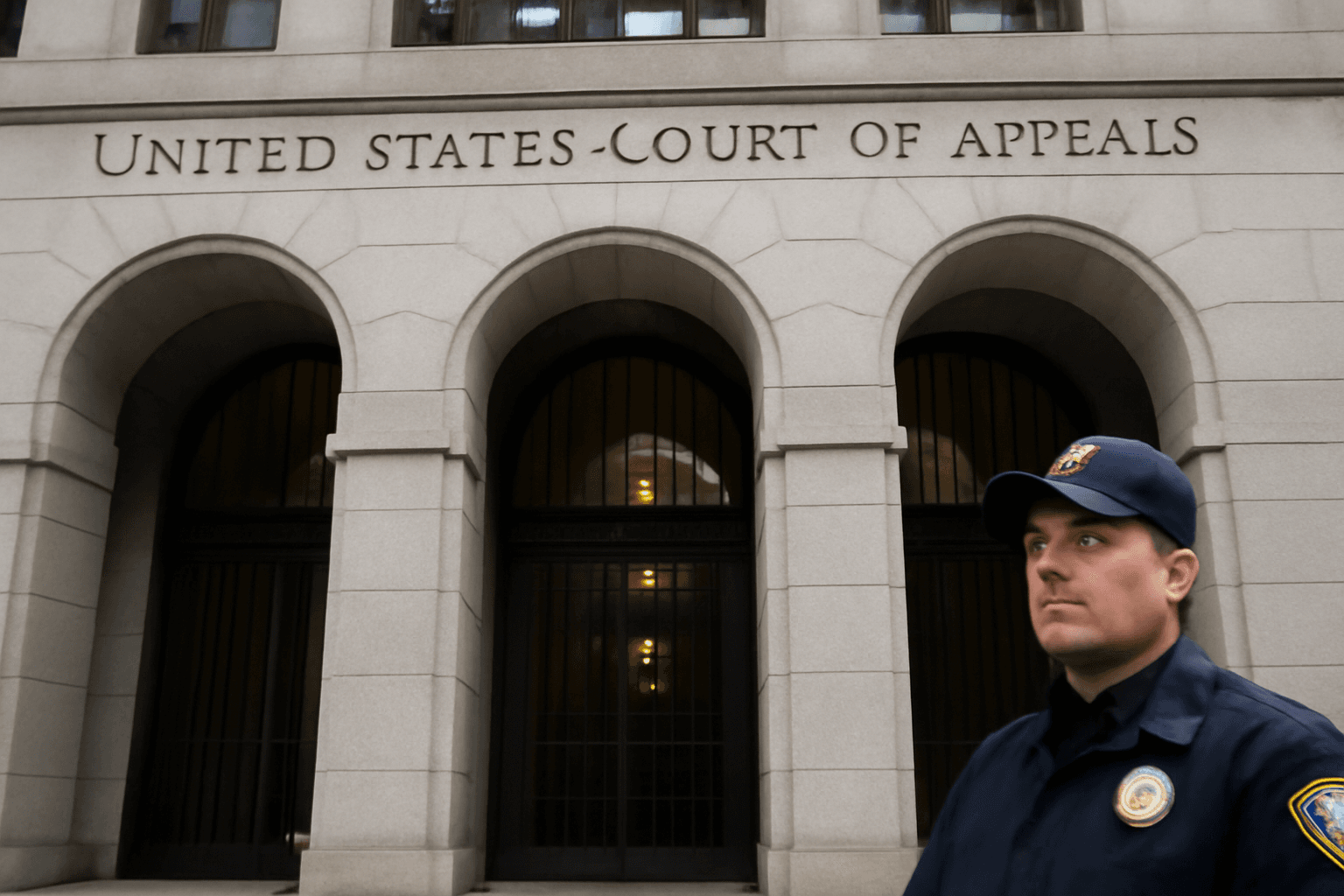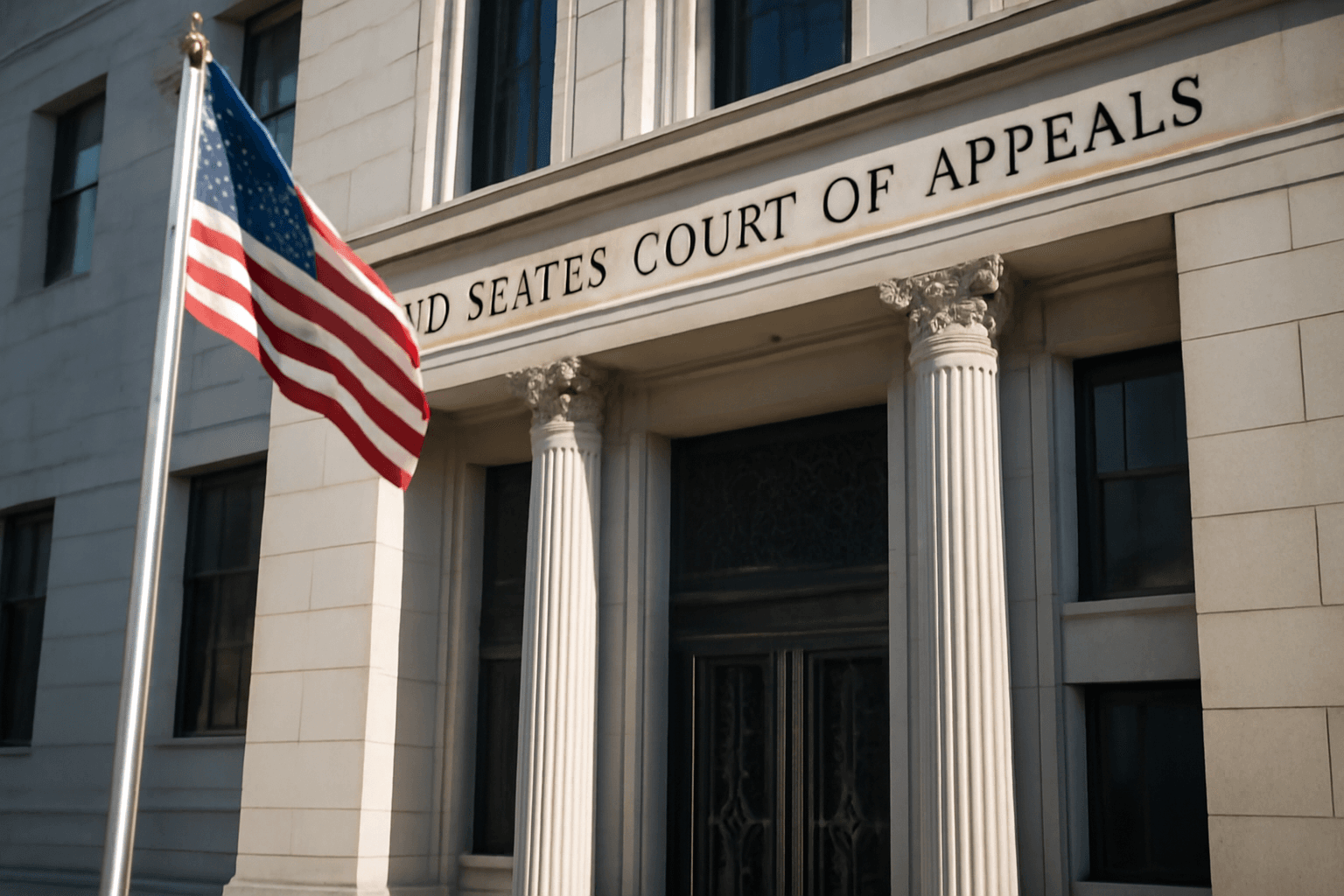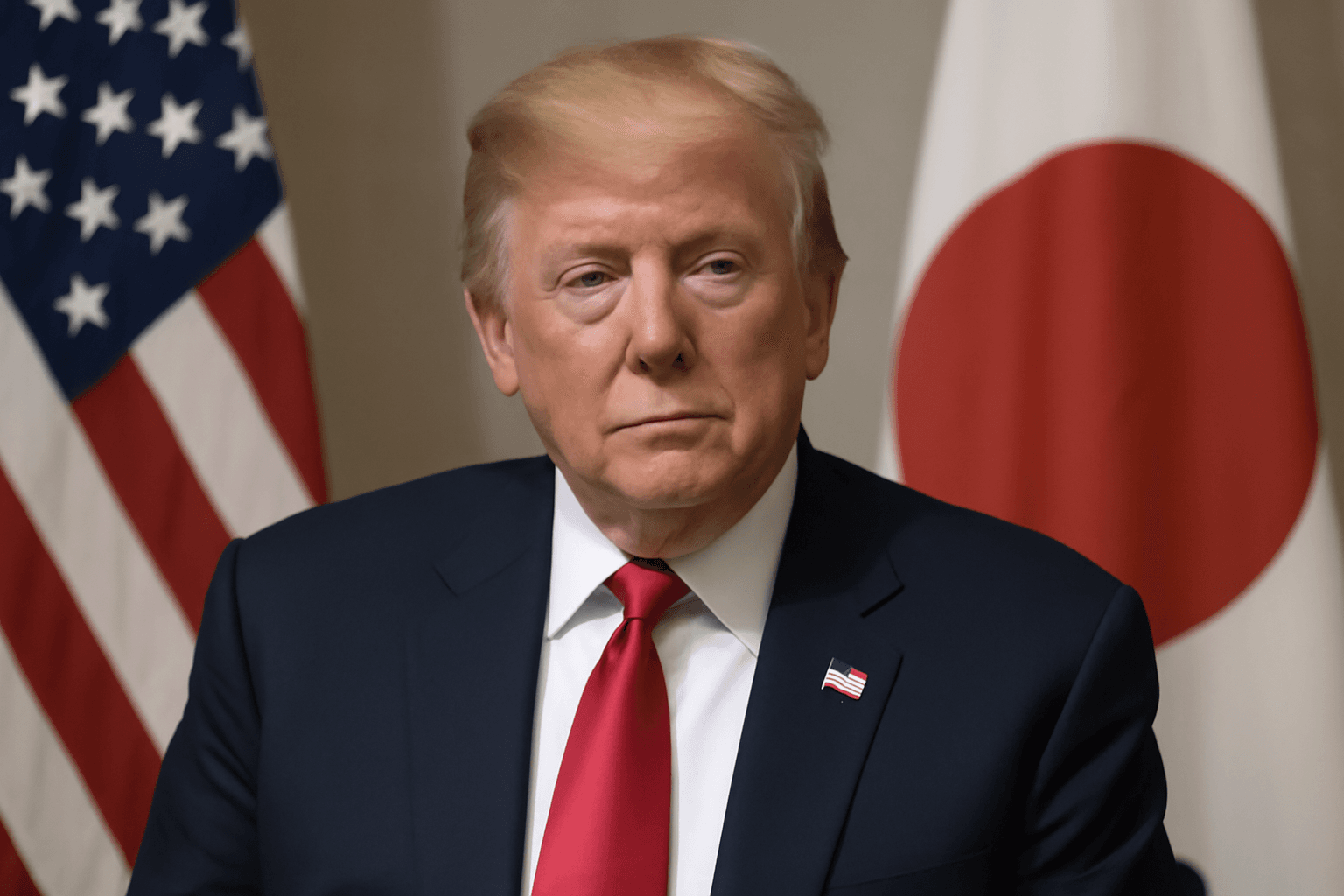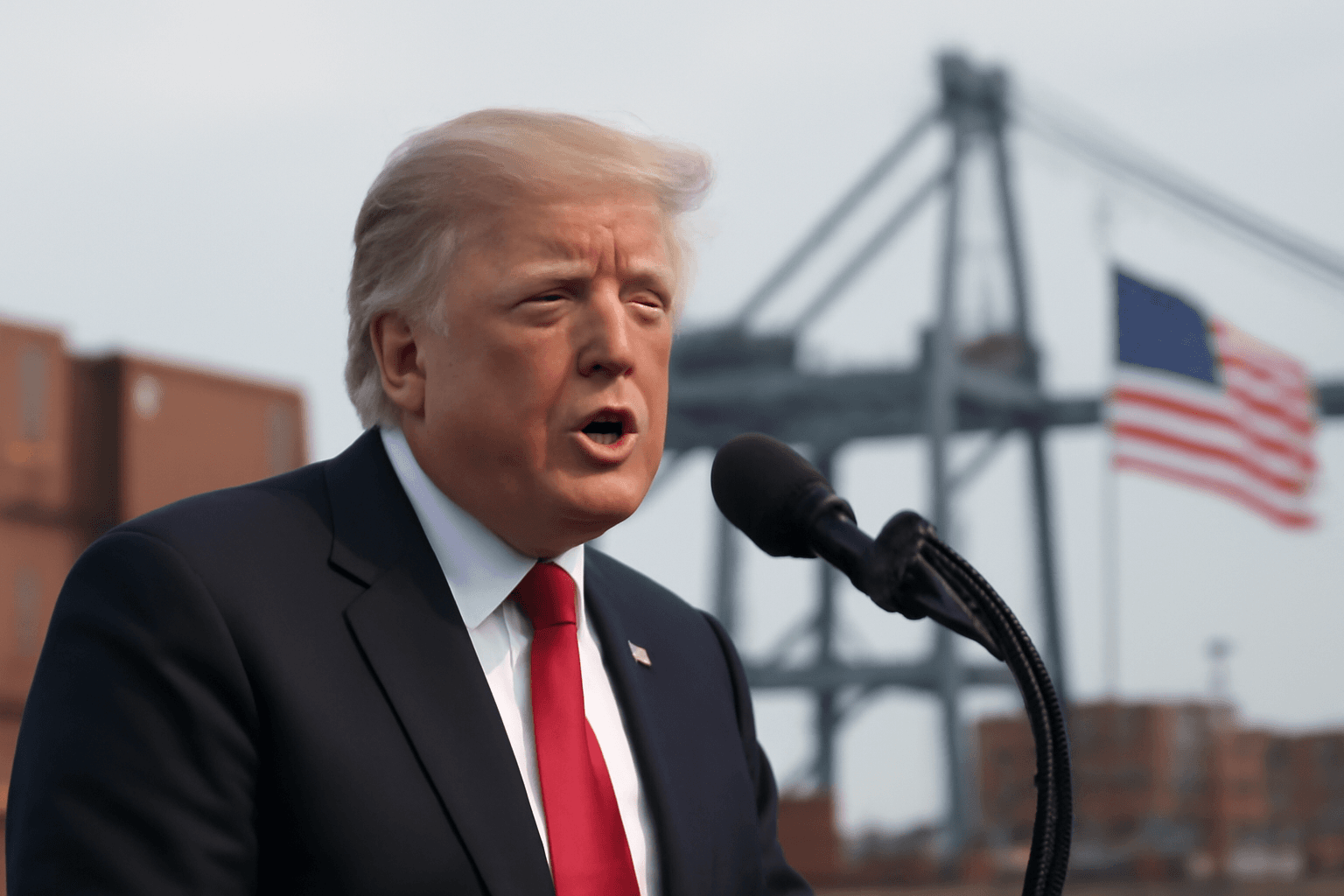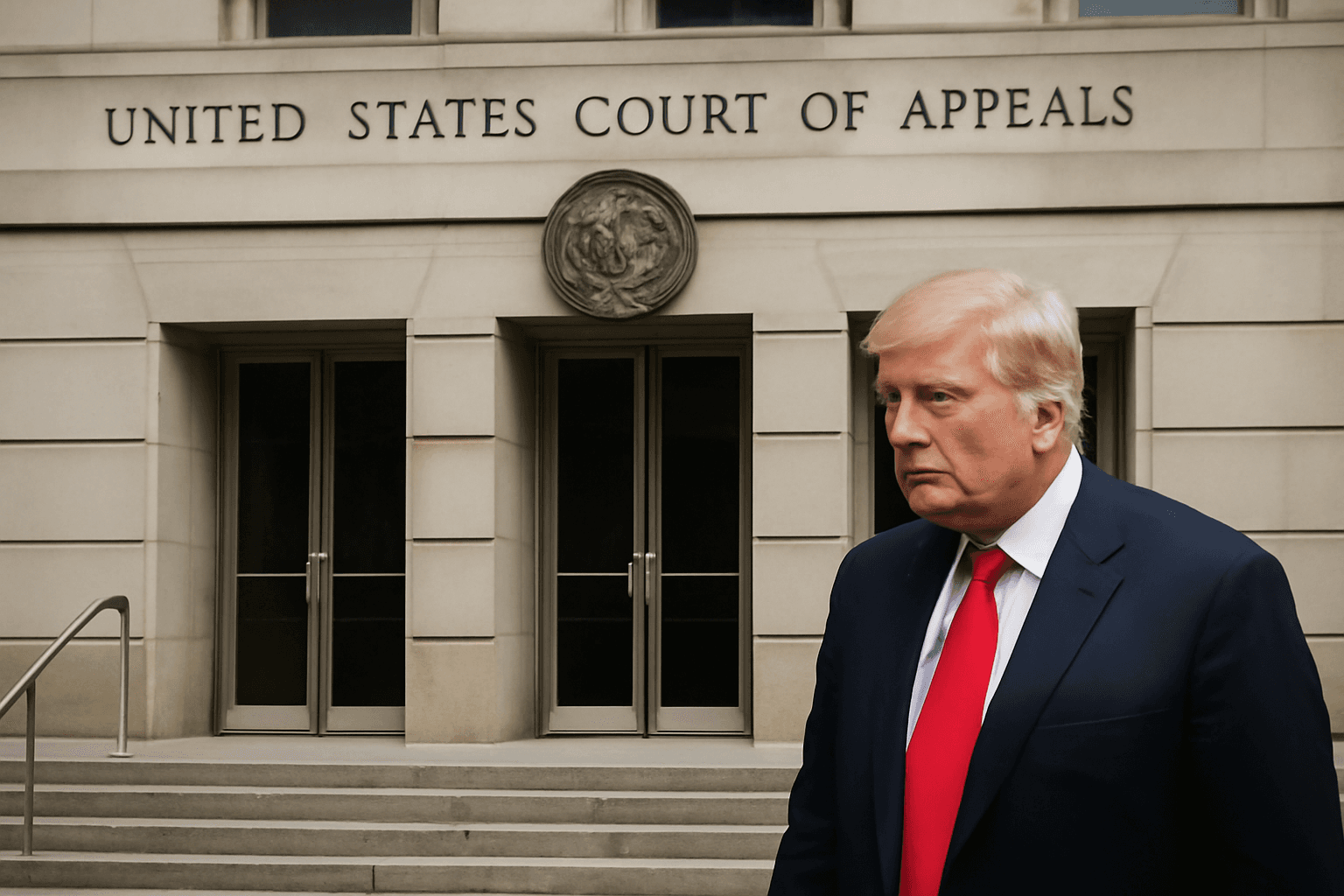On May 28, 2025, a federal court ruled that former President Donald Trump exceeded his legal authority when imposing reciprocal tariffs on imports, delivering a significant setback to a key component of his trade policy.
A three-judge panel determined that the International Emergency Economic Powers Act (IEEPA) of 1977, which Trump cited to justify the tariffs, does not grant the president the power to enforce such broad duties. The ruling stated, "The Worldwide and Retaliatory Tariff Orders exceed any authority granted to the President by IEEPA to regulate importation by means of tariffs." It further noted that the orders fail to address the specific threats outlined under the act.
The lawsuit was filed by five U.S.-based companies reliant on imports, challenging the legality of the reciprocal tariffs. The judges concluded the tariff orders were unlawful for all, not only the plaintiffs, affirming that relief should not be limited narrowly. As a result, the court ordered the tariffs to be vacated and their enforcement permanently halted.
The White House has the option to appeal the decision, but this ruling intensifies scrutiny of former President Trump's economic agenda. Earlier this year, Trump announced sweeping reciprocal tariffs on imports from multiple countries and subsequently reduced them but maintained a 10% tariff on most imports.
This decision marks a notable judicial check on presidential authority concerning trade policy and tariff imposition under the IEEPA.

